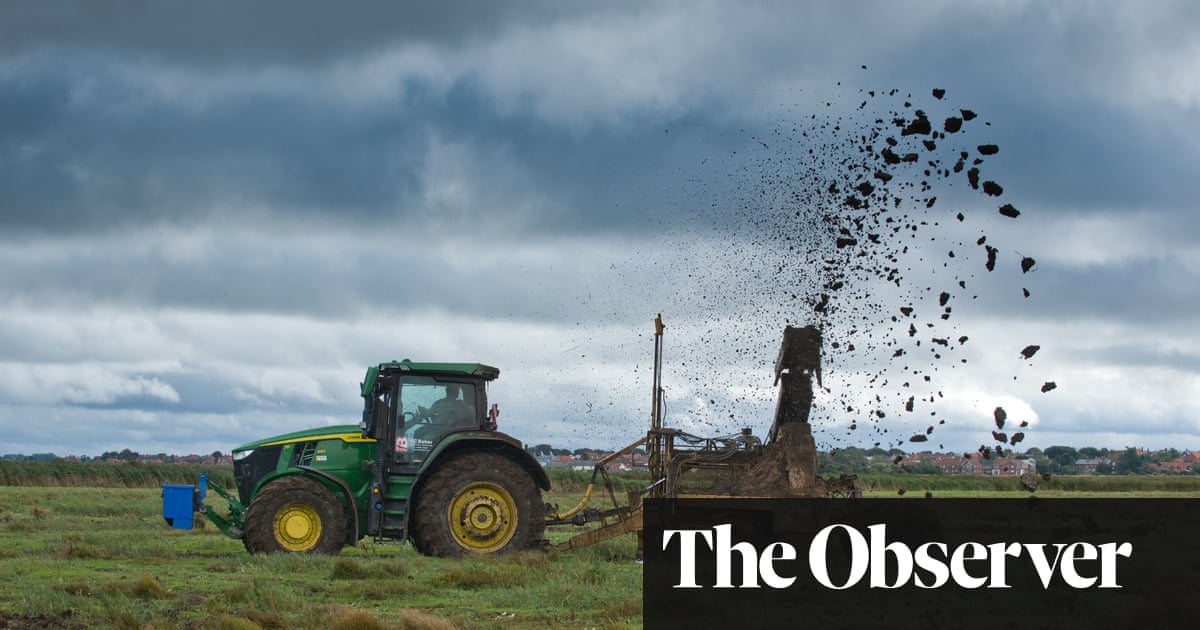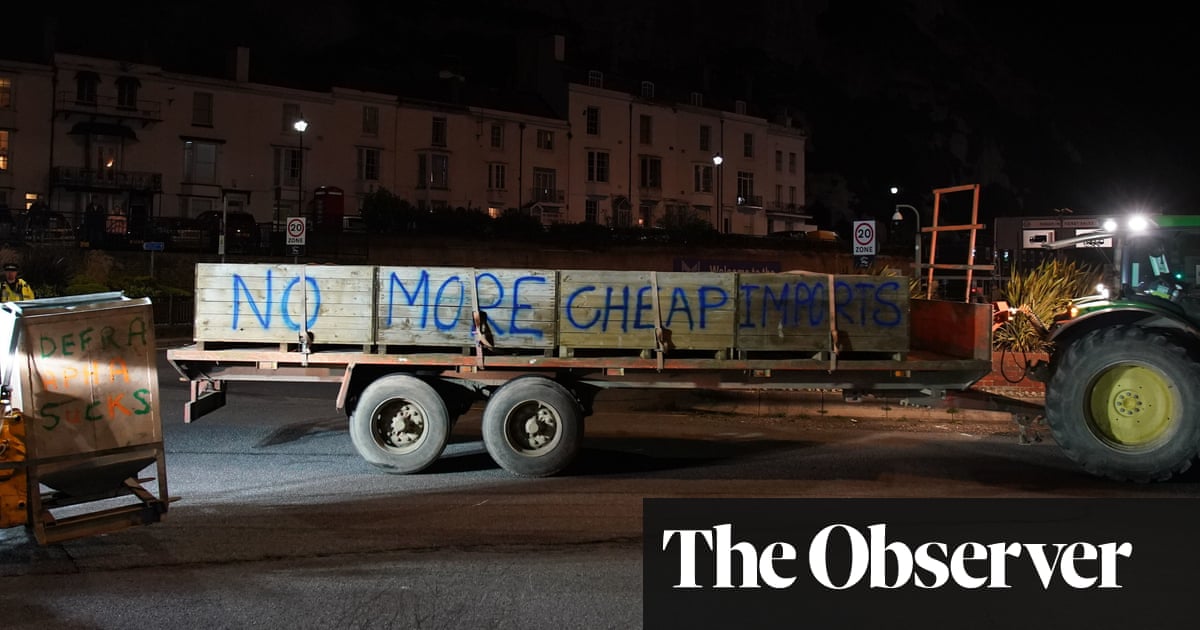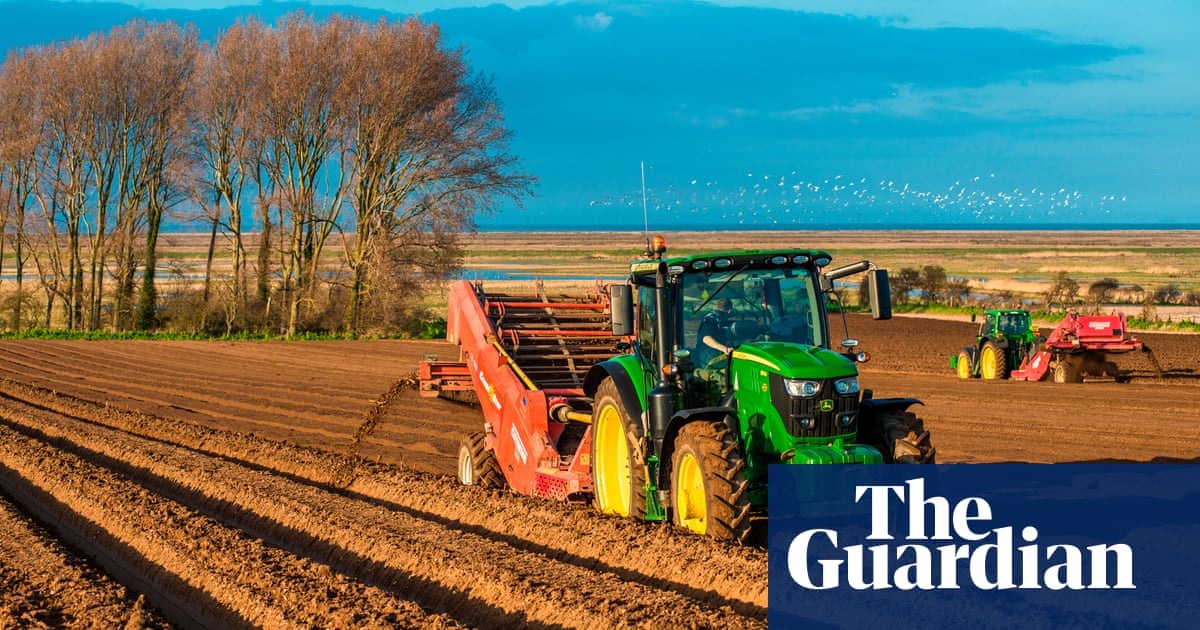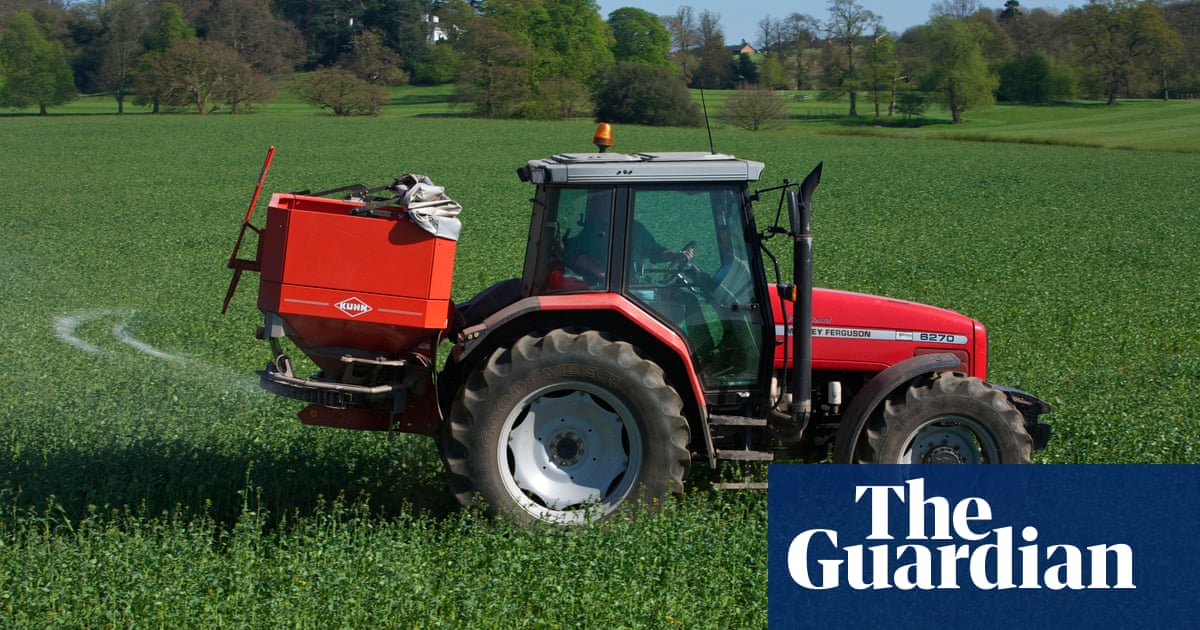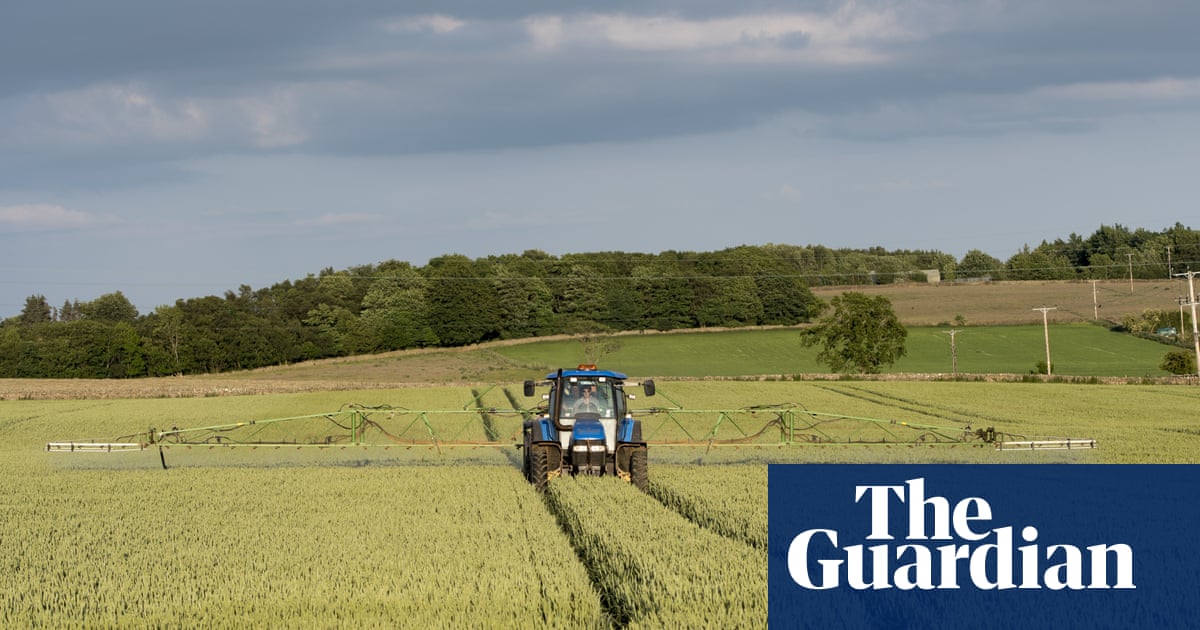
The government has been accused of breaking its promise to English farmers, with hundreds of millions of pounds missing from the farming budget.
Ministers had promised that by the end of this parliament, they would spend £2.4bn a year on agriculture. This money was to replace the EU’s common agricultural policy, which paid farmers for each hectare of land they managed. Instead, the government promised that farmers could improve the natural environment and be paid handsomely for delivering public goods, thus helping nature and keeping farms in business.
However, the government has still not spent the promised £2.4bn a year. Figures from the Department for Environment, Food and Rural Affairs (Defra) show an underspend of £110m in 2021/22 and £117m in 2022/23, meaning £227m of promised funds have not been spent.
Agricultural businesses have been asked to sign up to environmental schemes in which they are paid for taking actions such as improving the soil and digging ponds, which are to replace the basic payments they received under direct subsidy. These direct payments are being phased out each year.
The money is also spent on measures to “improve farm prosperity”, so instead of receiving the money directly farmers can participate in schemes to learn how to improve their business.
Farmers said they had no idea where much of the promised £2.4bn farming budget is, as their direct payments have been halved since Brexit. Amid rising costs and inflation, this is another squeeze on finances for farming businesses, many of which fear they will have to shut down.
The environment schemes, which are guaranteed payments to farmers as opposed to the ad hoc grants or training programmes also included in the budget, have yielded a relatively small spend for farms. The total spend by the government on environment farming schemes was £515m in 2021/22 and £688m in 2022/23.
Steve Reed, the shadow environment secretary, said Labour would free up the missing funding for farmers and make it easier to receive money from environment schemes. Reed said: “The Conservatives have broken yet another promise to our farmers. This money should be in the pockets of our farmers, who have instead been abandoned by this government.
“Labour will cut through the Tory bureaucracy that has blocked farmers from receiving funding for work that includes protecting nature and wildlife habitats on their land. But we will go further. Labour will tear down export barriers for farmers by seeking a veterinary agreement with the EU, ensure more food bought by the public sector is locally produced, and generate clean energy here in the UK to cut farmers’ energy bills. Labour is determined to give farmers their future back.”
The environment secretary, Steve Barclay, is to address farmers on Thursday at the Oxford Farming Conference, to make the government’s pre-general election pitch to the agriculture industry. He is not expected to lay out a detailed plan to spend the money missing from the budget.
Minette Batters, president of the National Farmers’ Union, said the underspend was unacceptable.
She added: “Farmers were promised a seamless transition to [the post-Brexit payment scheme] Elms. In a general election year it is unacceptable that the schemes are still in development, there are huge concerns at to whether the sustainable farming incentive payments can be delivered – despite the NFU and others asking for piloting of delivery, this hasn’t happened. With 50% of basic payment scheme payments cut, farmers in England have no idea where that money is and what it has been spent on.”
A Defra spokesperson said: “These claims are categorically untrue. As we have repeatedly made clear, we are on track to meet our commitment to maintaining our annual farming budget for England at £2.4bn per year, with a higher spend planned in the final year of this parliament to ensure we achieve this. We have invested a significant amount of money in the farming sector including through Elms and we are seeing strong demand for the improved sustainable farming incentive offer. This has been complemented by grants and funds to help farmers innovate and modernise, such as the Farming innovation programme.”




